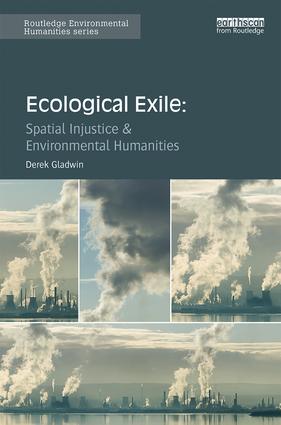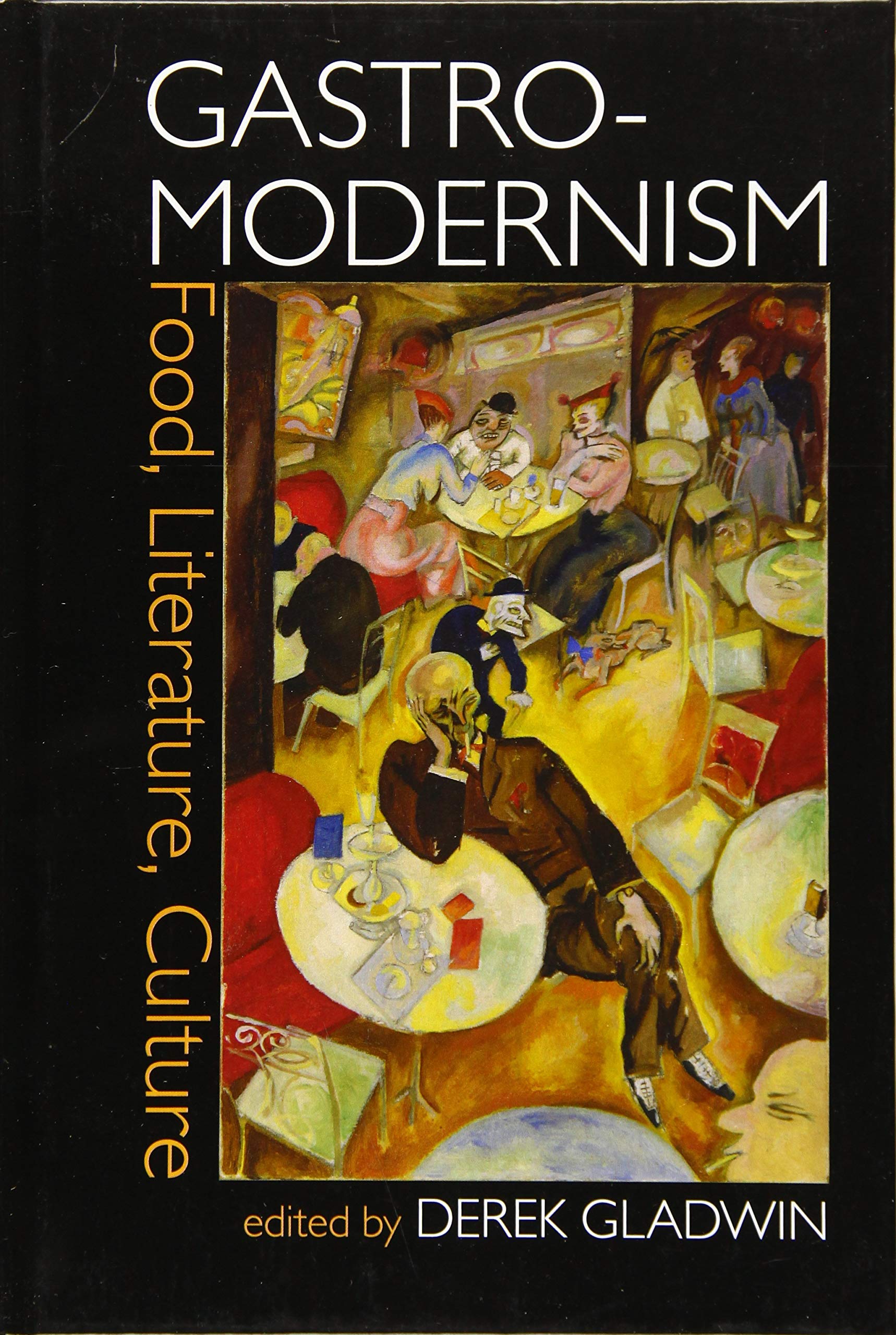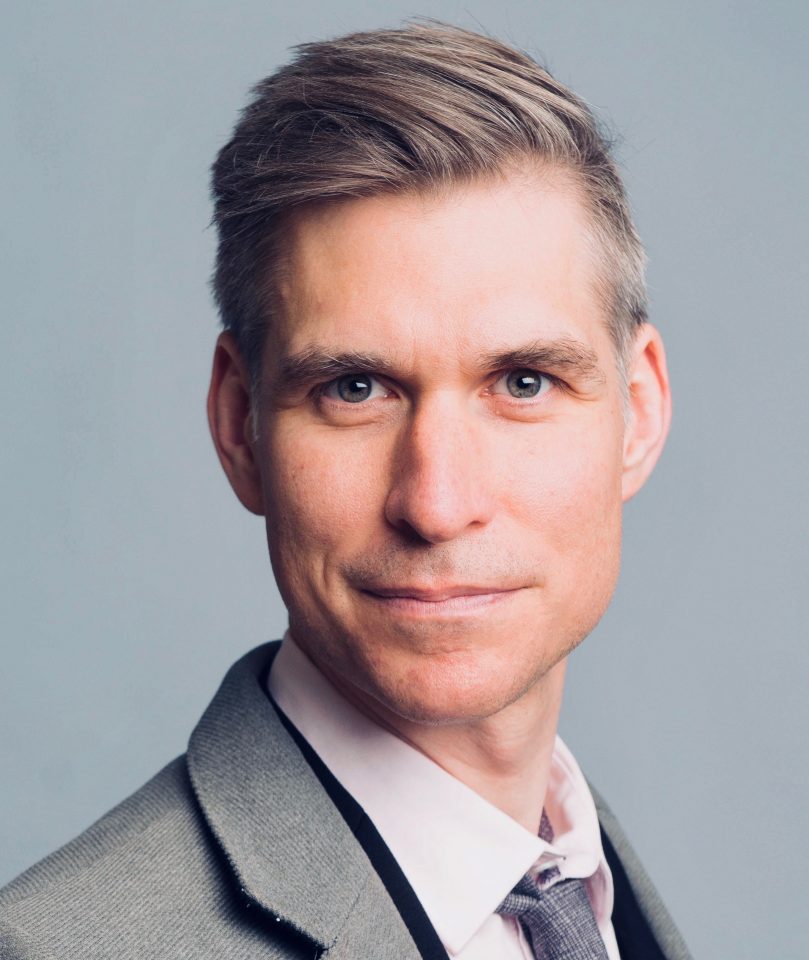
Dr. Derek Gladwin
Associate Professor
Systems Being Lab: https://systemsbeingslab.ubc.ca/
Transdisciplinary Collaborative PhD program: https://climateaction.collabphd.ubc.ca/
Environmental Educational Design: https://dneducationdesign.ca/
Google Scholar: https://scholar.google.ca/citations?hl=en&user=gtCqKi4AAAAJ
Arts-Based Research
Critical literacies/pedagogies
Decolonizing pedagogies and knowledges
Digital literacies
Environmental theory and practice
Multiliteracy and multimodality
Storytelling & Narrative Inquiry
Teacher Education
Biography
Dr. Derek Gladwin is an Associate Professor in the Faculty of Education at the University of British Columbia (UBC), where he teaches in the Department of Language and Literacy Education and is a Faculty Associate in the Institute for Resources, Environment and Sustainability. He co-founded UBC’s Systems Beings Lab and the Collaborative Transdisciplinary PhD Cohort in Energy Transition. A former UBC Sustainability Fellow and Catalyst Scholar in the Wall Institute for Advanced Studies, his research explores how “education” as a widely conceived approach can support societal transformation through systems literacy, socio-ecological awareness, regenerative learning models, practical philosophy, and arts-based inquiry. He is the author or editor of eight books, including Ecological Exile (2018), Rewriting Our Stories (2021), and Becoming Ecological (2026). He also serves as Senior Editor for Environmental & Sustainability Education in the Oxford Research Encyclopedia of Education.
Profile
About
I am an Associate Professor in the Department of Language & Literacy Education in the Faculty of Education. Additionally, I am an affiliate faculty member in the Institute for Resources, Environment, and Sustainability (IRES), as well as a member of the following: Clean Energy Research Centre (CERC), Master of Educational Technology (MET), Master of Arts in Children’s Literature (MACL), Interdisciplinary Studies Graduate Program (ISGP), and Accelerating Community Energy Transformation (ACET). I have held visiting research positions at Concordia University (Montreal), University of Galway, University of Amsterdam, University of Edinburgh, Trinity College Dublin, and Utrecht University. At UBC, I served as a Sustainability Fellow at the Centre for Interactive Research on Sustainability (2018-2021) and a Wall Scholar (2022-2023) in the Catalyst Program for Climate and Nature Emergency at the Peter Wall Institute for Advanced Studies.
Research curiosities
My interdisciplinary research, which has spanned various phases of development and evolution over 20 years, broadly considers the following educational inquiry: How can diverse ways of learning and knowing help us engage with complex challenges like socio-ecological change and energy transition in ways that go beyond disciplinary boundaries?
This question began by drawing on humanities and arts-based approaches to real and imagined environments in order to produce social action. In my first two authored books, Contentious Terrains (2016) and Ecological Exile (2018), I investigated how literary and media texts focused on various cultural, political, and material spaces can critically inform and educate society about socio-cultural and ecological changes.
Connected to this research – as seen in the scholarly-trade crossover book Rewriting Our Stories: Education, Empowerment, and Well-being (2021), as well as journal articles, podcasts, workshops, and op-eds – I considered how the language of stories can educate and empower people to engage in greater empathy and well-being. Another collaborative research effort resulted in a multi-authored book titled Solarities: Seeking Energy Justice (2022) that addresses the complexities of societal transition on renewable solar energy.
From these previous research projects, among others listed below, I have been influenced over the several years to consider ways of changing socio-ecological systems through formal and non-formal educational models. As such, I have been exploring aspects of transdisciplinary and complexity education in the form of systems literacy – the capacity to identify, interpret, co-create, relate to, and communicate about how systems work, transcending both the fragmentation of siloed disciplines and reductive models of educational inquiry.
I am particularly motivated by how we educate to engage and work with/in complex systems, which bring uncertainties, paradoxes, and contradictions. This can be informed by a more updated research question: How, then, do we co- create the conditions to work with/in complexity as researchers and educators? As a response to this inquiry, I co-founded (w/ Naoko Ellis) the Systems Beings Lab at UBC, where we, as a collective educational research group, consider the concept of systems beings as a way to foster holistic perspectives on complex issues to co-create more generative futures.
This research trajectory has taken my curiosities into multiple directions that integrate, traverse, and extend into various aspects of educational, discursive, and literacy research. One current trade book project titled Becoming Ecological: Navigating Language and Meaning for Our Planet’s Future (2026) explores holistic approaches to environmental literacy, particularly where language becomes a discursive act of becoming ecological. Another co-authored trade book titled Being in the Mess: Thriving in our Entangled World Together (under contract) invites a practice of relational aliveness – being fully present in the web of relationships that shape life, where meaning emerges through connection – as a way to embrace the social and scientific complex systems that bind us.
Other projects and articles that are in progress focus on empathy education, transdisciplinarity, systems literacy, energy literacy, Japanese concept of “mu” or “nothingness” to engage with complexity, and de-centred relational forms of being. Because relational forms of co-creation have emerged as crucial components for social change, many current and future projects involve various forms of collaboration.
Ongoing interdisciplinary research and teaching curiosities include the following (often) intersecting areas:
- environmental and ecological literacy
- energy literacy and transition
- systems literacy
- complexity education
- regenerative and transformative education
- ontological education and inquiry
- philosophy and theory of education
- transdisciplinary and collaborative education
- futures literacies
- empathy education
- textual literacies (through media, literary, and visual culture)
- digital literacy
- narrative inquiry and storytelling
- arts-based research and creativity
Public Commitment to Scholarship
In addition to traditional forms of doing research, I am also committed to producing public forms of scholarship focused on literacy education – publishing op-eds, online articles, and trade books, as well as facilitating workshops and contributing to media interviews and other forms of digital engagement. Public scholarship provides a platform for life-long learners and bridges the divide between academia and society.
Editorial Work
In an editorial role, I have been serving as the Senior Editor since 2020 for Environmental & Sustainability Education in the Oxford Research Encyclopedia of Education (OREE), published by Oxford University Press.
Regenerative Education Initiatives
Higher education is attempting to answer questions about the massive transitions facing contemporary society. How, then, do researchers and teachers foster conditions to address societal transitions? How can students, organizations, and communities navigate the complex systems affecting societal transitions that involve uncertainties, paradoxes, and conflicts?
Regenerative education fosters systemic approaches to learning, which consider non-linear cycles that adapt to conditions outside of narrow definitions of disciplinary training or expertise. Whether it is examining mental health and well-being, renewable energy systems, climate adaptation, or diversity and equity, academics play a significant role in how education can be shaped to address such complex transitions. Educational programs, research, and curricula have a unique opportunity to adapt and change along with the worldviews, practices, and values of society.
Guided by the inquiry – how can education prepare learners to deal with complex societal transitions? – part of my efforts as a professor, educator, researcher, writer, artist, and ecological being is a commitment to building regenerative and transdisciplinary education models. I co-lead a Transdisciplinary Collaborative PhD Cohort for Energy Transition that affords doctoral students a unique opportunity to experience educational theory, training, programing, and internships with partners in industry, government, and civil society to co-create and enable systems change collaboratively.
Contact
For media requests, speaking or publishing invitations, or graduate student inquiries, please send me an email.
Selected Projects
Cultivating Literacy for Systems Change (2024-2029)
A project to produce and mobilize knowledge around systems literacy by studying integrated and iterative approaches to educating change agents towards systems change.
Funding: SSHRC Insight Grant (PI)
Sustainable Sound Installations: Harmonizing Aesthetics, Education, and Upcycling (2024-2026)
This project integrates sound, aesthetics, regenerative design, and sustainable engineering to create, install, and exhibit wood sound speakers at UBC.
Funding: Priority Thematic Research Incubator Grant, UBC Public Humanities Hub (PI)
Systems Beings Lab (SBL) (2023)
A collaborative research collective aim at facilitating and elevating various educational approaches to grapple with complexity in societal transition.
Funding: Catalyst Collaborative Fund, Peter Wall Institute for Advanced Studies (PI)
Accelerating Community Energy Transformation (ACET) (2023-2030)
Regional project to explore renewable energy technologies and their implementation at the community using interdisciplinary perspectives and scientific approaches, informed by novel business models and governance approaches, and driven by community-engaged priorities and aspirations.
Funding: Canada First Research Excellent Fund (CFREF) (Co-I)
Transdisciplinary Collaborative PhD on the Climate Emergency (2021-2023)
Transdisciplinary collaborative PhD pilot program focused on the climate emergency.
Funding: Climate Emergency Fund, UBC Sustainability (Co-PI)
Narrating Energy Transitions and Literacy through Storytelling (2020-2023)
Interdisciplinary project investigating ways of imagining sustainable energy transitions and futures by teaching energy literacy through models of storytelling.
Funding: SSHRC Insight Development Grant (PI)
Collaborative PhD Models to Support a Transdisciplinary Research Ecosystem (2021-2023)
Prototype a model for transdisciplinary research through the structure of a collaborative PhD in the areas of low carbon futures/planetary health and regenerative development.
Funding: Advancing Education Renewal (Co-Investigator)
Empathy Education: Intersectional Approaches to Youth & Civic Engagement (2021)
Collaboration with and hosting the Beacon Fellow, Prof. Pat Dolan (UNESCO Chair in Children, Youth, and Civic Engagement), to advance research in empathy education.
Funding: Ireland Canada University Foundation (Co-PI)
Interdisciplinary Sustainability Education (2018-2021)
Course and program development project focused on sustainability and environmental education.
Funding: UBC Sustainability (Co-PI)
Indigenous Perspectives in Environmental Literacy (2020-2021)
Curriculum development involving the links between environmental and Indigenous education.
Funding: Indigenous Curriculum Enhancement Grant (Co-PI)
Futures Literacy (2020-21)
Pilot project undertaking an inquiry into the role of futures literacies in society.
Funding: SSHRC Explore Grant (PI)
International Youth Deliberation on Energy Futures (2019-2021)
An online collaborative curriculum project with 20 high schools from 17 countries focusing on global energy literacy.
Funding source: Future Energy Systems (Co-I)
Media
Gladwin, D. & N. Ellis (2023, Jan 15). Revolutionizing Climate Education in Universities. What on Earth with Laura Lynch, CBC, Canada
Gladwin, D. (2021, Nov 8). Rewriting Our Stories [Podcast]. Unmistakable Creative, USA.
Gladwin, D. (2021, July 12). Use a different story to reframe your fears [Print online]. Vancouver Sun, Canada.
Gladwin, D. (2021, June 7). R.E. W.R.I.T.E with Dr. Derek Gladwin – Episode 109 [Podcast]. Dhaani, United Kingdom.
Gladwin, D. (2021, May 18). Vancouver educator Derek Gladwin explores how storytelling is a way to overcome fear in new book [Print online]. Stir Vancouver Magazine, Canada.
Gladwin, D. (2021, April 14). The education of storytelling [Radio broadcast]. Planta: On the Line, The Commentary, Canada.
Gladwin, D. (2021, Feb. 16). Author Derek Gladwin speaking about his book Rewriting Our Stories [Radio broadcast]. On the Level Radio, 93.1 Life FM, Ireland.
Gladwin, D. & Harris, P. (2019, October 23). Political discourse [Radio broadcast]. Nai Taazi, Spice Radio 1200AM, Canada.
Gladwin, D. (2019, April 18). Meat and the environment: Do Canadians know what’s at stake? [print interview]. CBC, Canada.
Awards & Honours
Visiting Educational Scholar, Centre for Academic Teaching and Learning and The Copernicus institute of Sustainable Development, Utrecht University, Netherlands (2023)
Wall Catalyst Scholar, Climate and Nature Emergency Catalyst Program, Peter Wall Institute for Advanced Studies, University of British Columbia (2022-2023)
Sustainability Fellowship, UBC Sustainability, University of British Columbia (2018-2021)
Visiting Research Fellowship, Amsterdam School of Cultural Analysis, University of Amsterdam (2019)
Banting Postdoctoral Fellowship, University of Waterloo (2017-2018)
Visiting Research Fellowship, Centre for Environmental Humanities, Trinity College Dublin (2017)
Killam Postdoctoral Fellowship Research Prize, University of British Columbia (2016)
Visiting Research Fellowship, Institute for Advanced Studies in Humanities, University of Edinburgh (2015)
Visiting Research Fellowship, Moore Institute, University of Galway (2015)
SSHRC Postdoctoral Fellowship, University of British Columbia (2015-17)
Governor General’s Academic Gold Medal Award, Gov. of Canada (2014)
Courses
Digital Media in English Language Arts Education
Energy Literacy in Educational & Environmental Futures
Energy Literacy in Society & Digital Culture
Environmental Literacy
Trends and Issues in Teaching Environmental Children’s Literature
Practicing Collaborative Transdisciplinary Research for Impact
Selected Publications
Authored Books

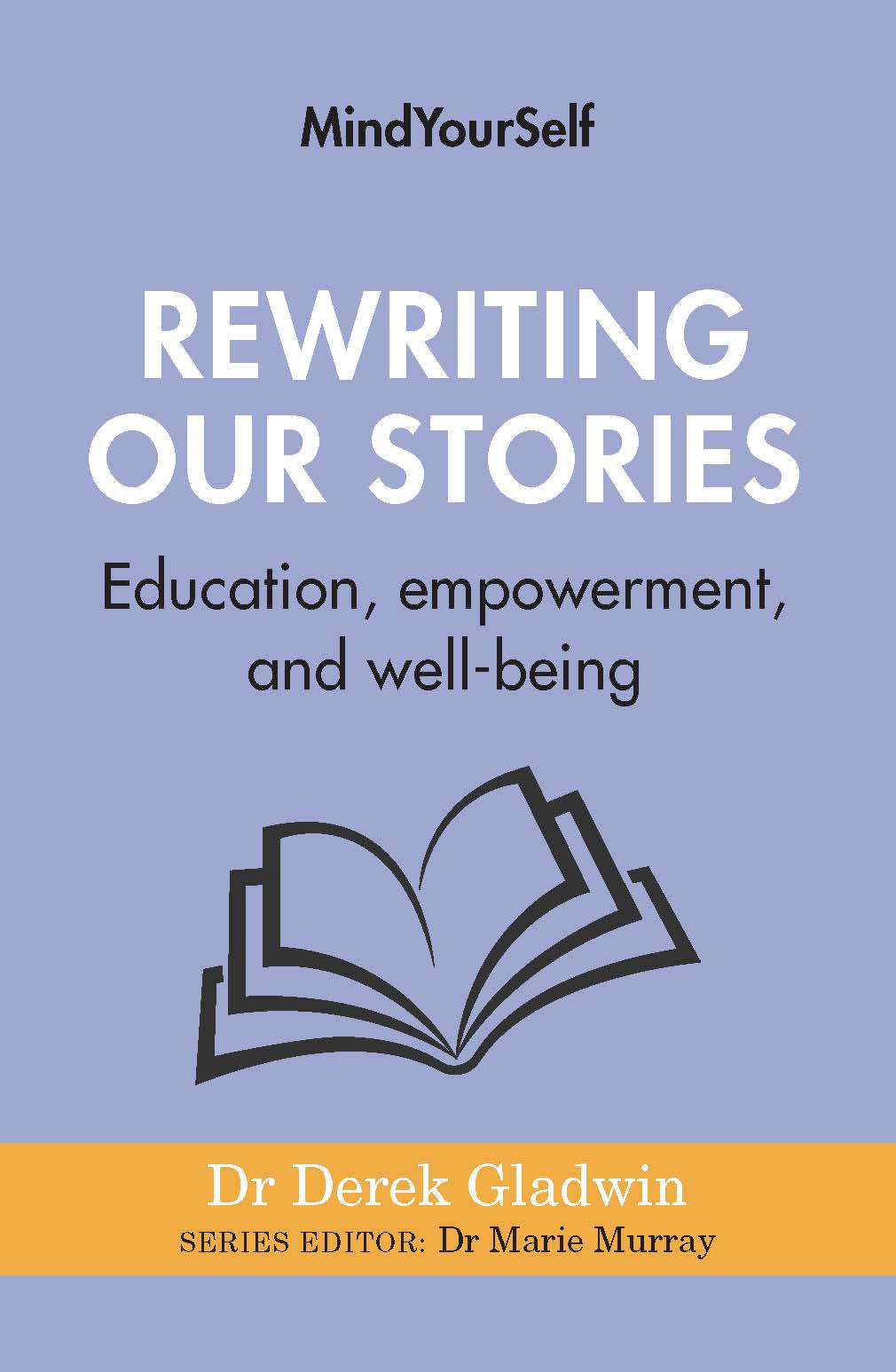
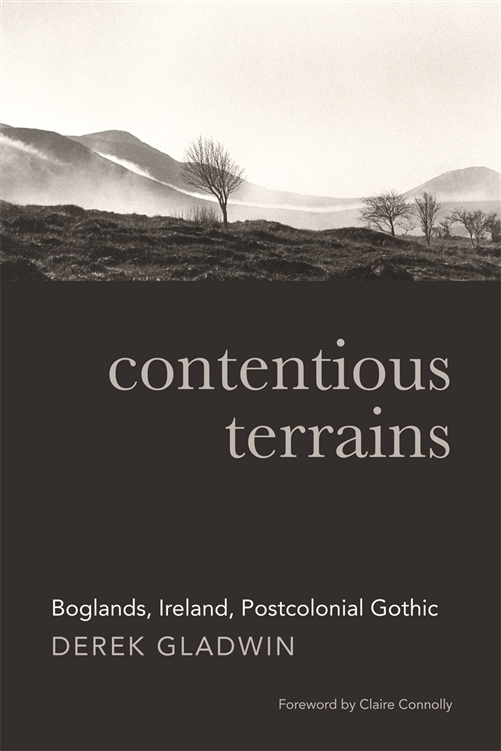
Multi-authored Books
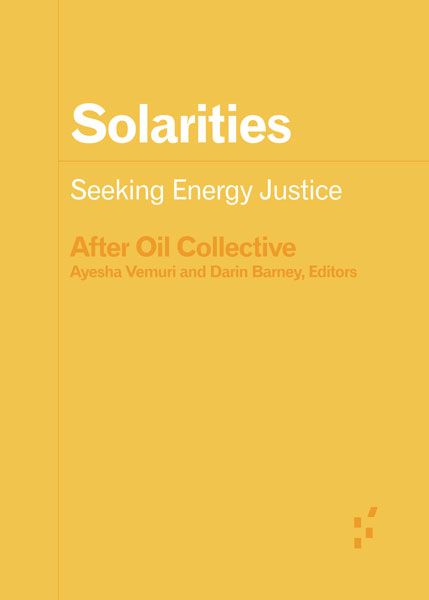
Edited Books
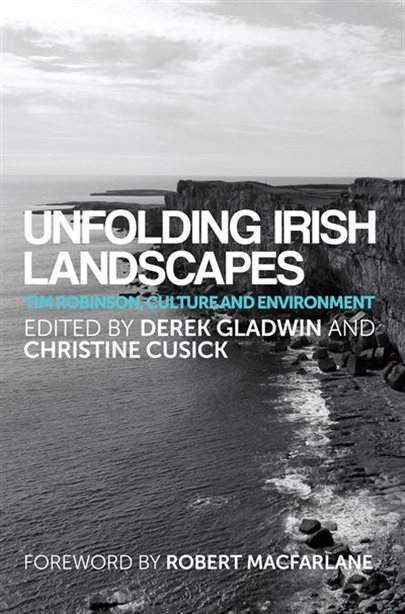
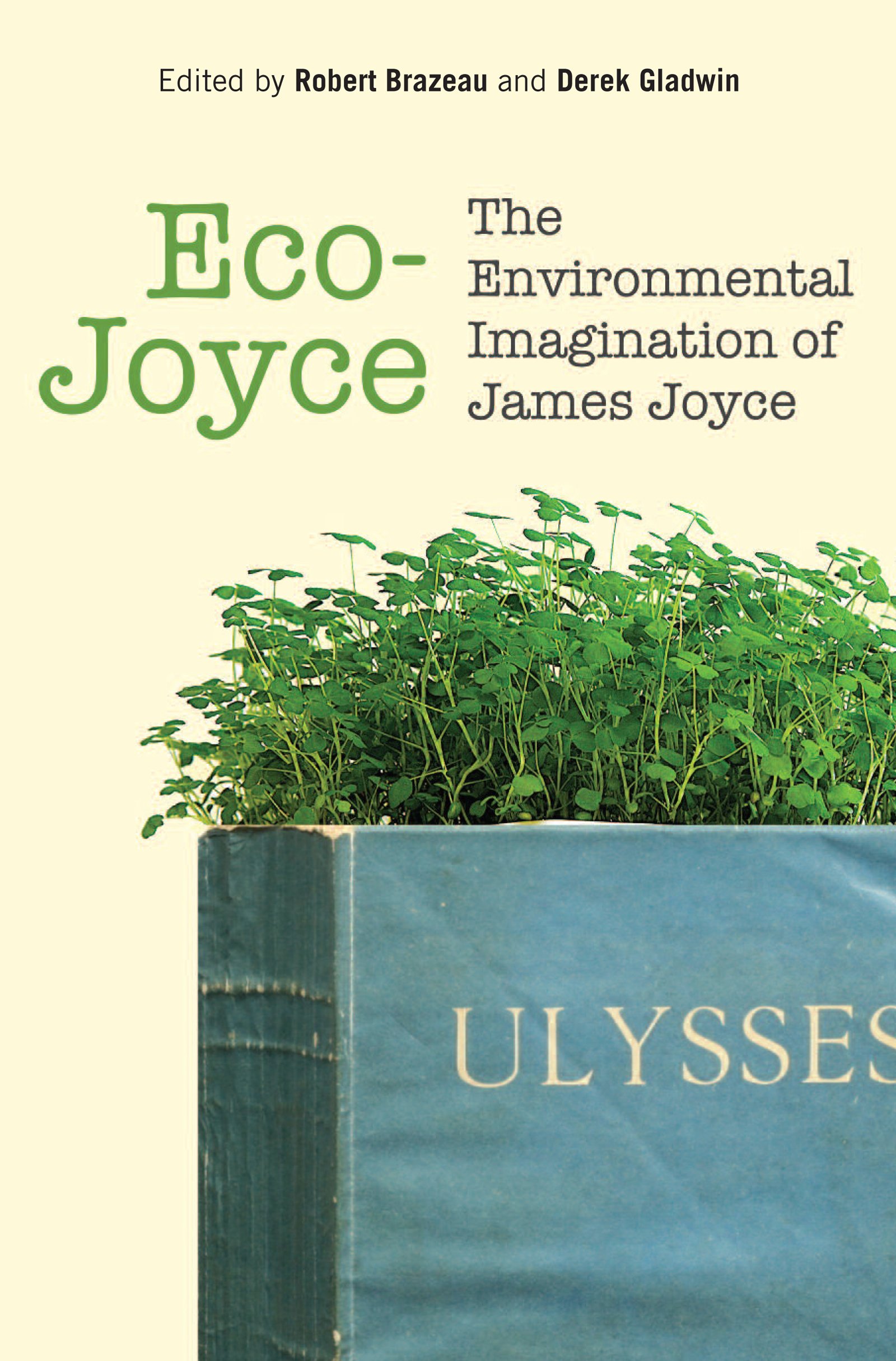
Edited Journal Issues
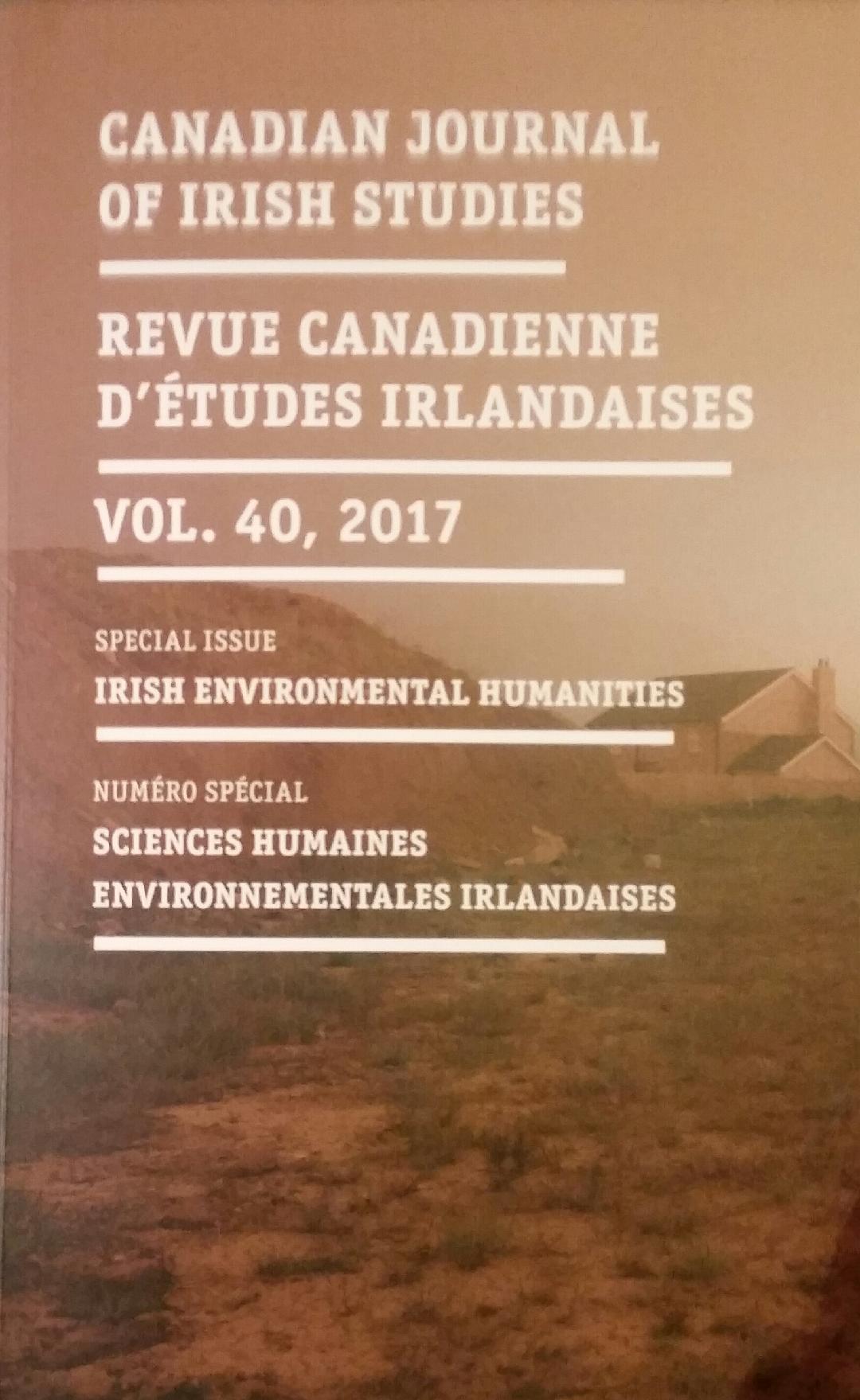
Journal Articles and Book Chapters
Gladwin, D. (2013). Eco-haptic photography: Visualizing bogland in Rachel Giese’s The Donegal Pictures. Photography and Culture, 6(2), 157-174. https://doi.org/10.2752/175145213X13606838923237
Gladwin, D. (2013). Gendered troubles on screen: Reproducing nationalism in Mike Leigh’s Four Days in July. In M. DiPaolo and B. Cardinale-Powell (Eds.), Devised and directed by Mike Leigh (pp. 251-275). Bloomsbury.
Gladwin, D. (2012). Navigating Irish ecocriticism in Eamonn Wall’s Writing the Irish West: Ecologies and Traditions. Irish Studies Review, 20(3), 323-328. https://doi.org/10.1080/09670882.2012.695611
Gladwin, D. (2012). No country for young men: Chinese modernity, displacement, and initiatory ritual in Chinese sixth generation cinema. Asian Cinema, 23(1), 31-44. https://doi.org/10.1386/ac.23.1.31_1
Gladwin, D. (2011). Staging the trauma of the bog in Marina Carr’s By the Bog of Cats. Irish Studies Review, 19(4), 387-400. https://doi.org/10.1080/09670882.2011.623459
Gladwin, D. (2007). The Steinbeckian land ethic: Environmentalism and The Red Pony. The Steinbeck Review, 4(1), 65-80. https://doi.org/10.1111/j.1754-6087.2007.tb00101.x
Selected Online Articles
James, K., & Gladwin, D. (2025, Nov. 19). What catastrophes get our attention – and why it matters. The Revelator: Environmental Truth and Justice.
Gladwin, D., & Ellis, N. (2025, Aug. 4). Entangled Together. Medium. https://medium.com/enlivenment/entangled-together-d6bda77949d4
Krupa, J., Gladwin, D.,& Ellis, N. (2024, April 9). Carbon pricing is vital but unloved – so let’s drop the “tax” misnomer. Edmonton Journal
Gladwin, D. & James, K. (2023, Aug. 10). How language can turn down the temperature of heated climate change discourse. The Conversation
Gladwin, D., & Ellis, N. (2023, March 4). In a complex world, our graduates need to be systems beings. University World News: The Global Window on Higher Education.
Ramachandran, A., Abdi, K.,Giang, A.,Gladwin, D., & Ellis, N. (2022, November 15). Transdisciplinarity: Universities have a choice to lead. University World News: The Global Window on Higher Education.
Ellis, N. & Gladwin, D. (2022, July 19). How climate storytelling helps navigate complexity and find solutions. The Conversation.
Gladwin, D. (2021, October 24). Peatland folklore lent us will-o-the-wisps and jack-o-lanterns, and can inspire climate action today. The Conversation.
Gladwin, D. (2021, July 28). Why climate change education needs more empathy. Oxford University Press Blog.
Gladwin, D. (2020, April 20). We could power a new green movement by talking about energy change. The Conversation.
Gladwin, D. (2020). What are the ecological and educational futures of peatlands? In RE-PEAT Collective (Eds.), Peat anthology: EU edition (pp. 124-126). University of Amsterdam Open-access.
Gladwin, D. and Harris, P. (2019, October 16). Politicians aren’t solely to blame for nasty election discourse. Ottawa Citizen.
Gladwin, D. (2017, August 5). Valuing our Ecological Futures. Oxford University Press blog.
Gladwin, D. (2017, June 10). The Ecological and Cultural Futures of Peatlands. Trans-Disciplinary Conversations on Peatlands Blog.
